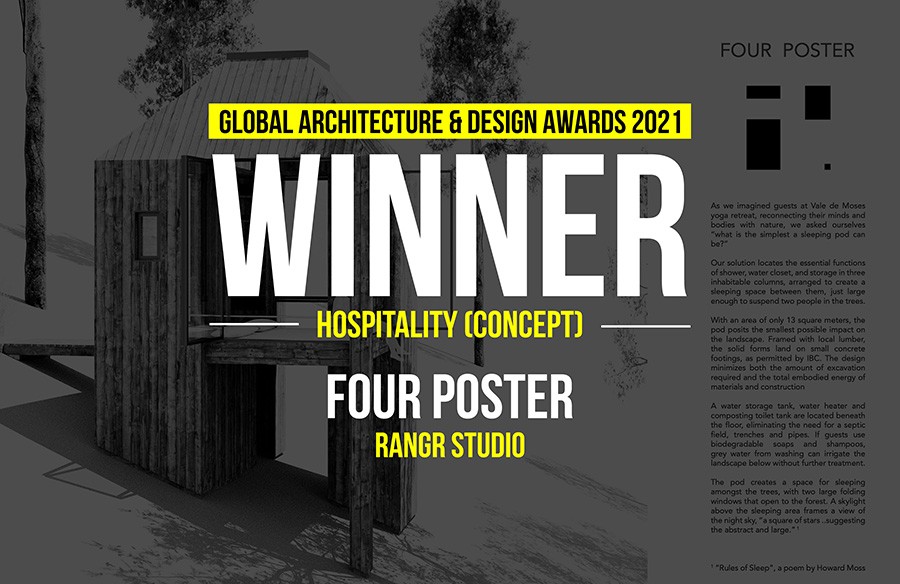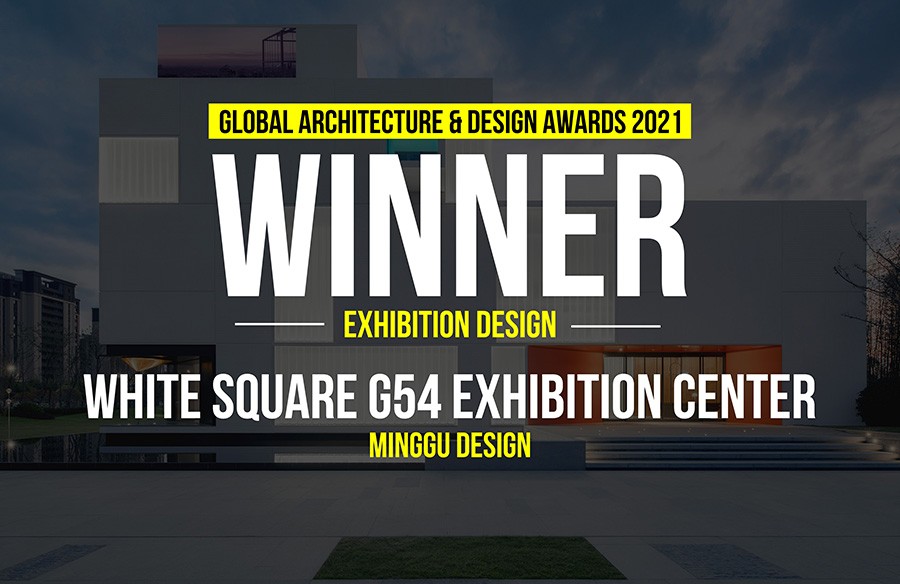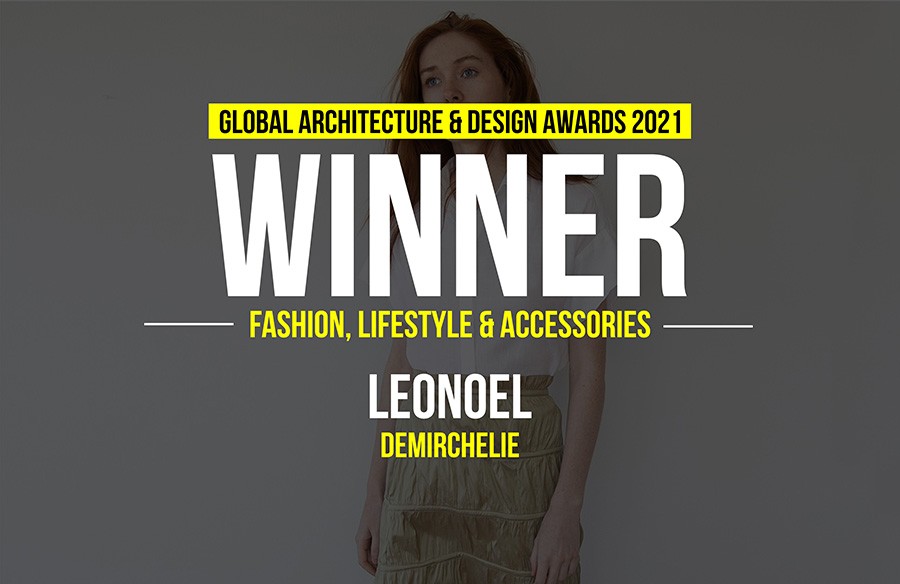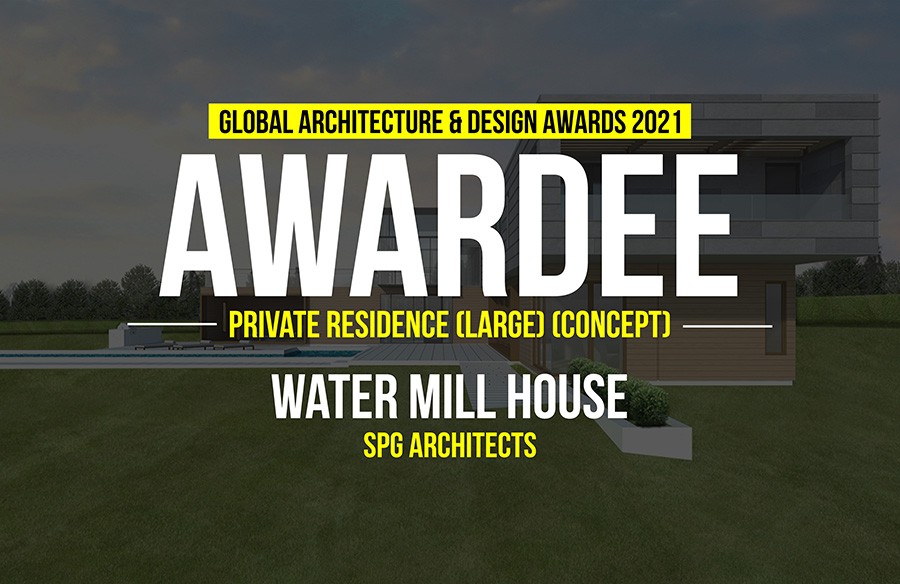Project Info
Architects: WOHA
Location: Singapore
Design Team: Wong Mun Summ, Richard Hassell, Donovan Soon, Ang Chow Hwee, Dennis Kwek, Bernard Lee, Evelyn Ng, Christina Ong, Larissa Tan, Chen Shunann
Client: Far East SOHO Pte Ltd
Mechanical & Electrical Engineer: Ranking & Hill (S) Pte Ltd, Ranking & Hill (S) Pte Ltd
Civil & Structural Engineer: Rider Levett Bucknall
Quantity Surveyors: Sitetectonix Pte Ltd
Gross Floor Area: 19,416 sqm
Plot Area: 2,311.4 sqm
Height: AMSL 206.62m
Number of Storeys: 30 Storeys
Design Inception: 01 February 2011
Start of Construction: 01 February 2012
Completed: April 2014 (estimate)
Project Cost: S$100 million (estimate)

Introduction
Oasia Downtown, designed by WOHA, sets out to create an alternative imagery for commercial high-rise developments. It combines innovative ways to intensify land use with a tropical approach that showcases a perforated, permeable, furry, verdant tower of green in the heart of Singapore’s Central Business District (CBD). More images and architects’ description after the break.

Details
In programmatic response to the client’s brief of having distinct Soho, Hotel & Club rooms, WOHA adopted a club sandwich approach by creating a series of different strata, each with its own sky garden. Introducing layers of elevated ground levels allow the precious but limited ground floor space to be multiplied, creating generous public areas for recreation and social interaction throughout the high-rise.
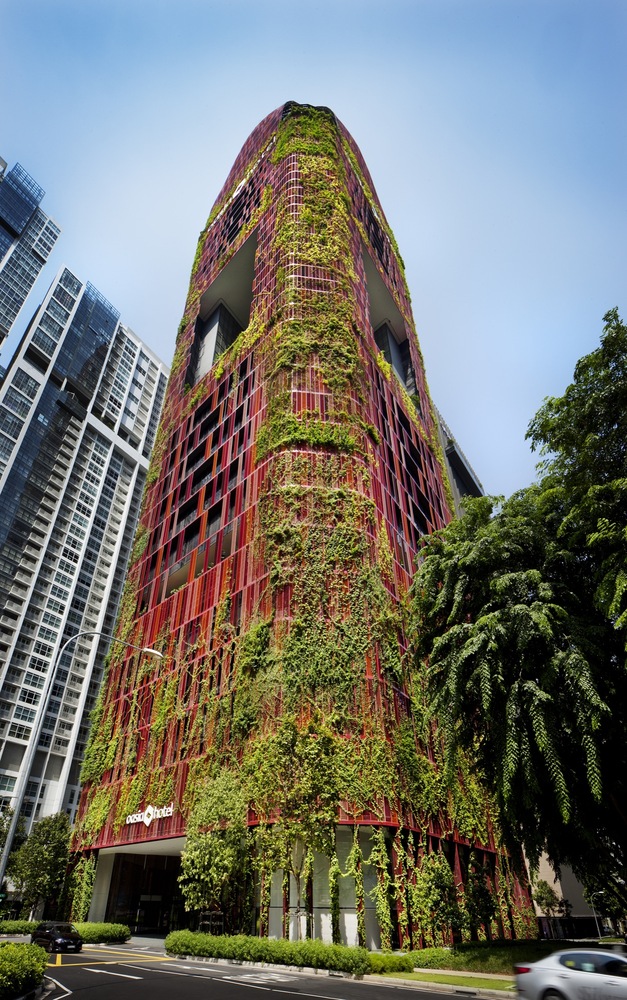
Sited within a densely built up area, the tower carves out its own internal spaces and dynamic views instead of relying on external vistas for visual interest. Each sky garden is treated as an urban scale verandah, sheltered at high level by the preceding sky garden and open sided for formal and visual transparency. The openness also allows wind to pass through the building for good cross-ventilation. Large scale High Volume Low Speed (HVLS) fans are incorporated as kinetic sculptures that complement the sky garden design and ensure thermal comfort. In this way the public areas become functional, comfortable tropical spaces with greenery, natural light and fresh air instead of enclosed, internalized air conditioned spaces.

Landscaping is used extensively as an architectural surface treatment and forms a major part of the development’s material palette both internally and externally, achieving an overall Green Plot Ratio of 750%. The building form is softened by a living green façade of creepers and flowering plants, creating an alternative image distinct from the surrounding glassy towers of the CBD, one that is tropical, urbanistically sensitive and humanistic.


